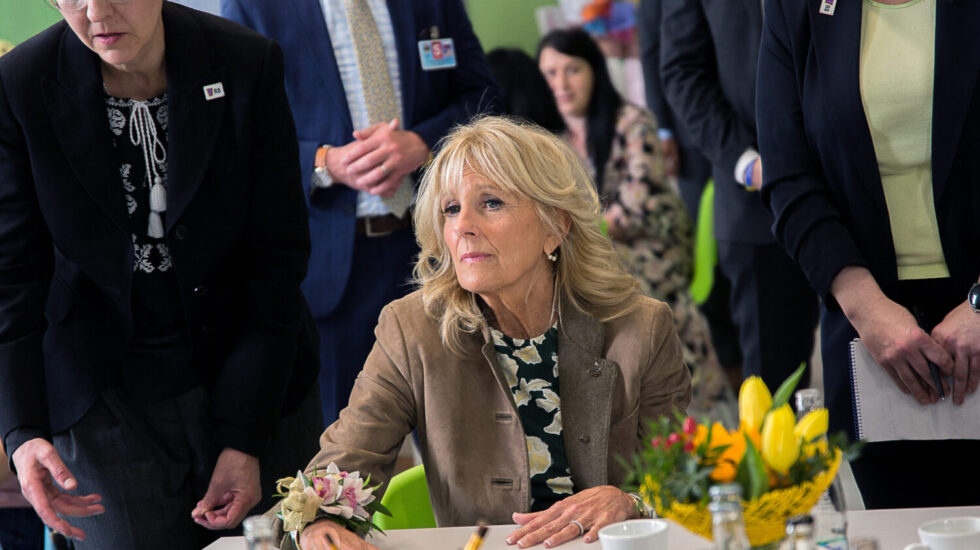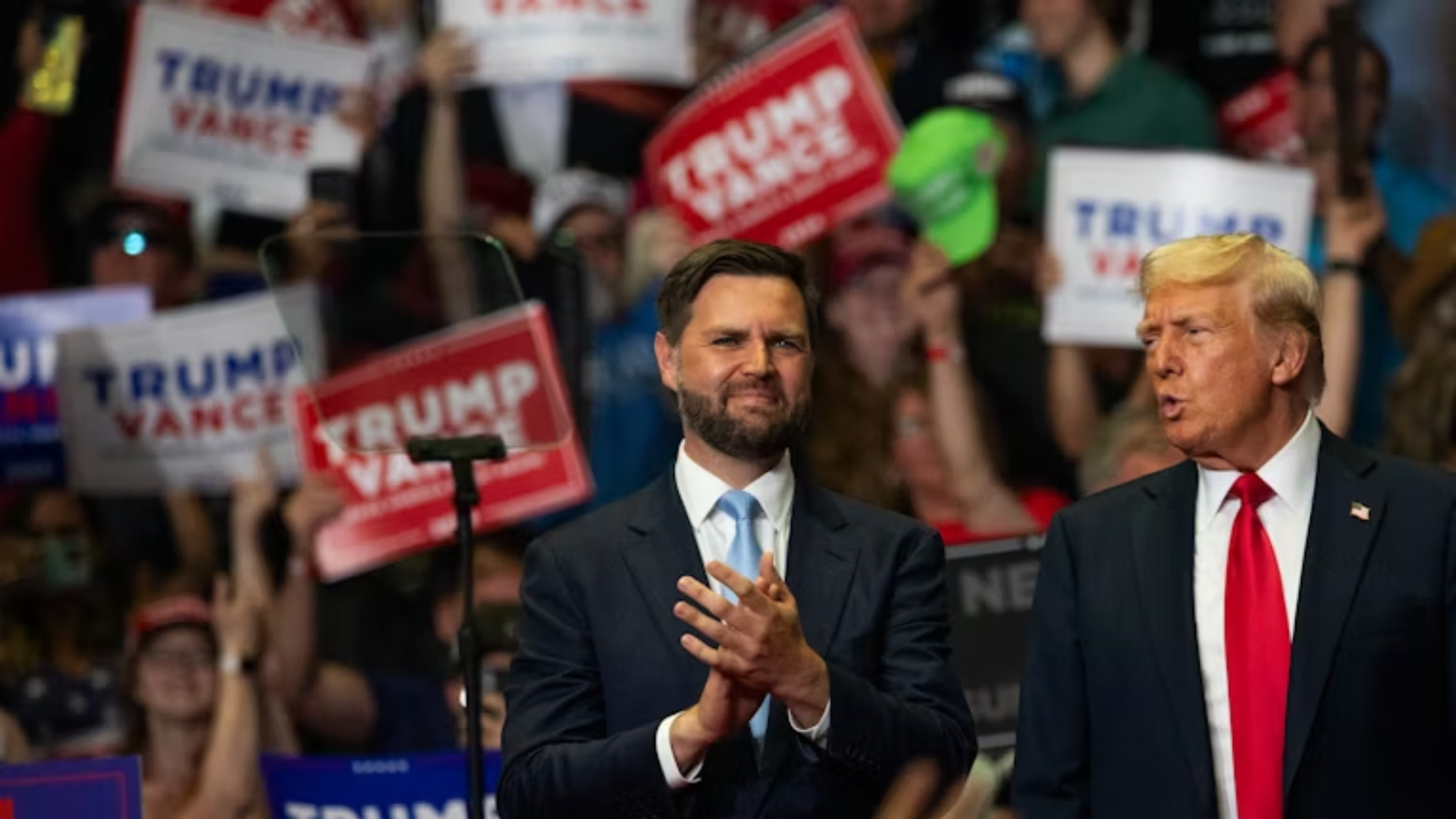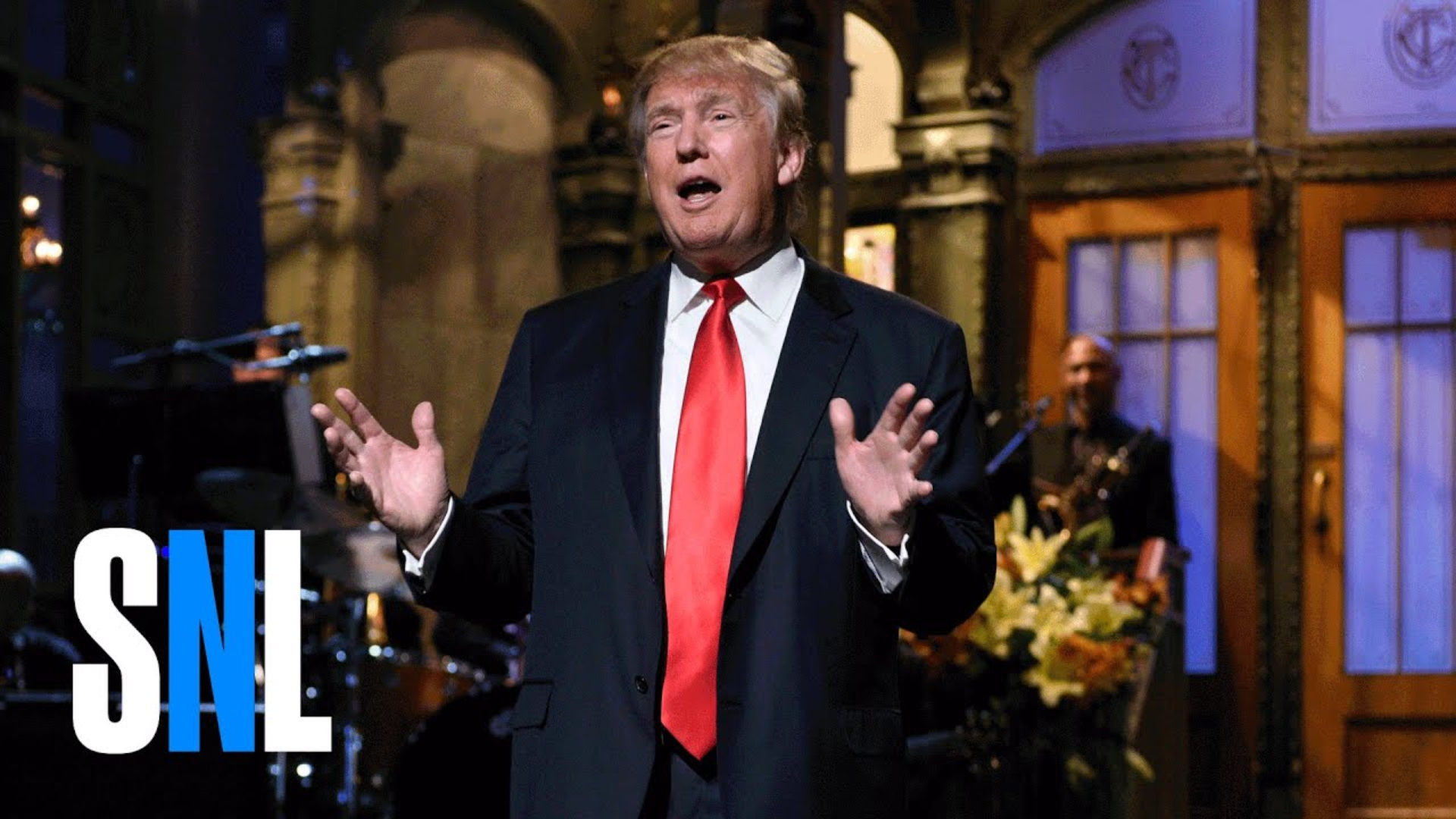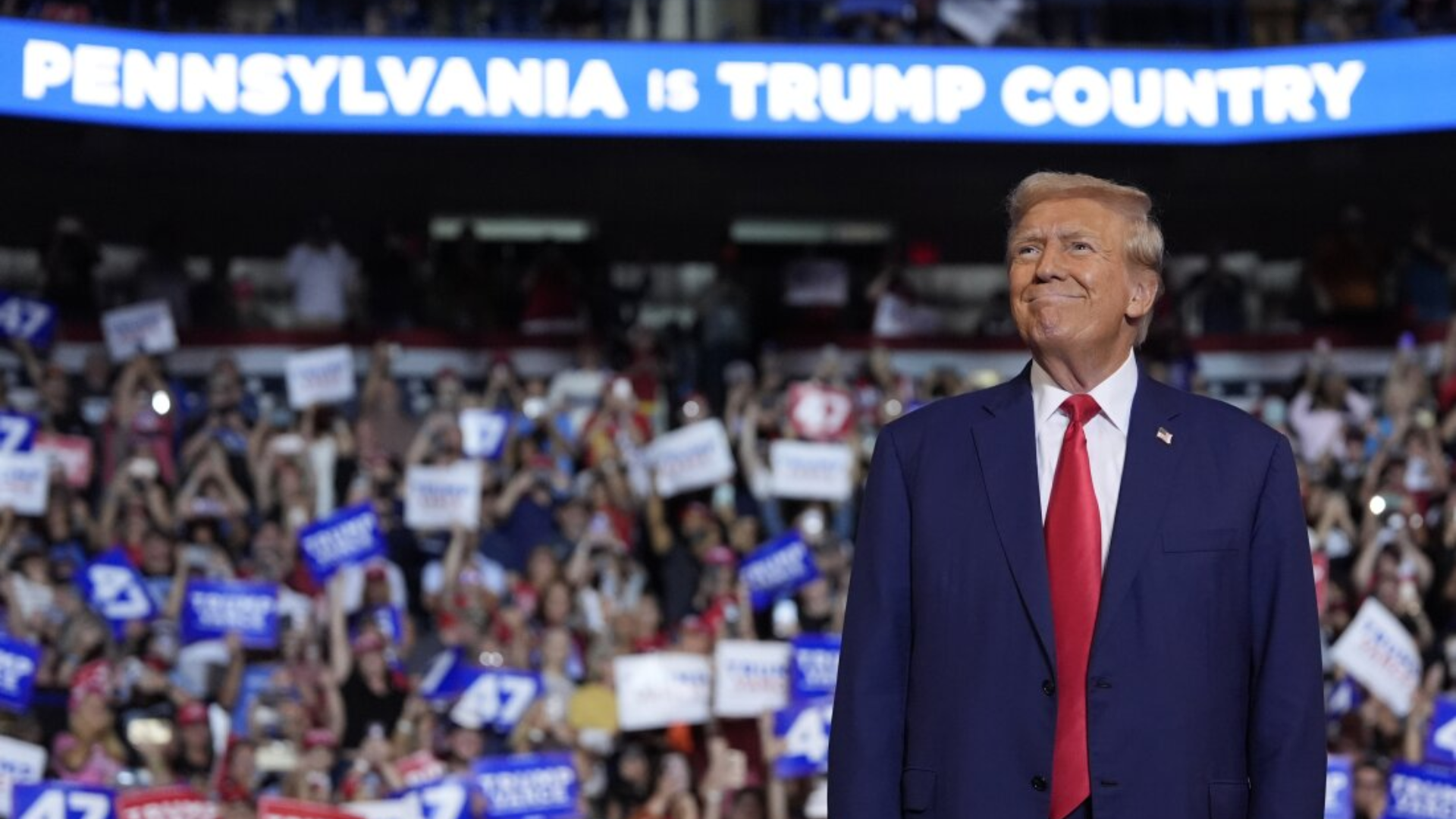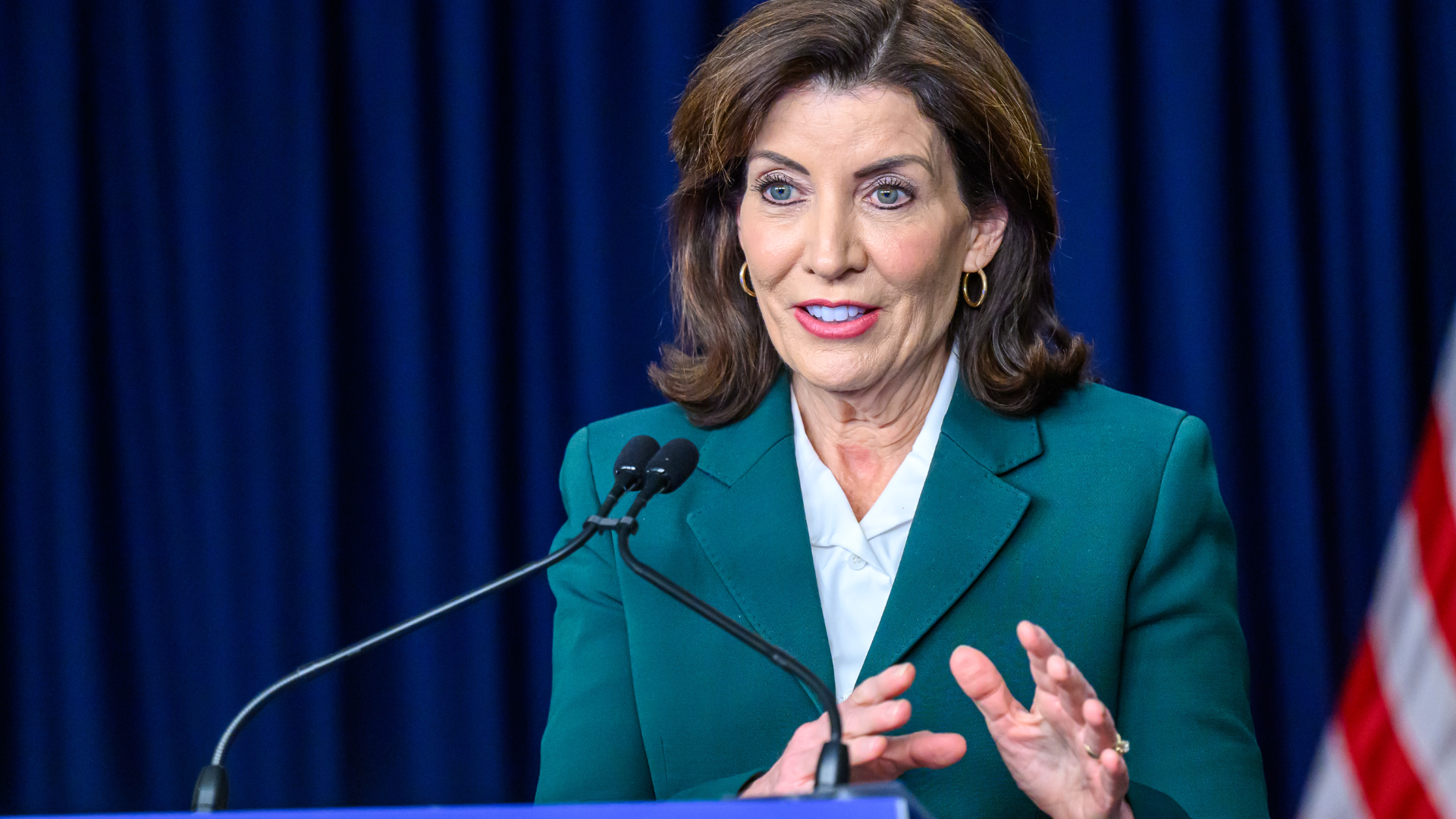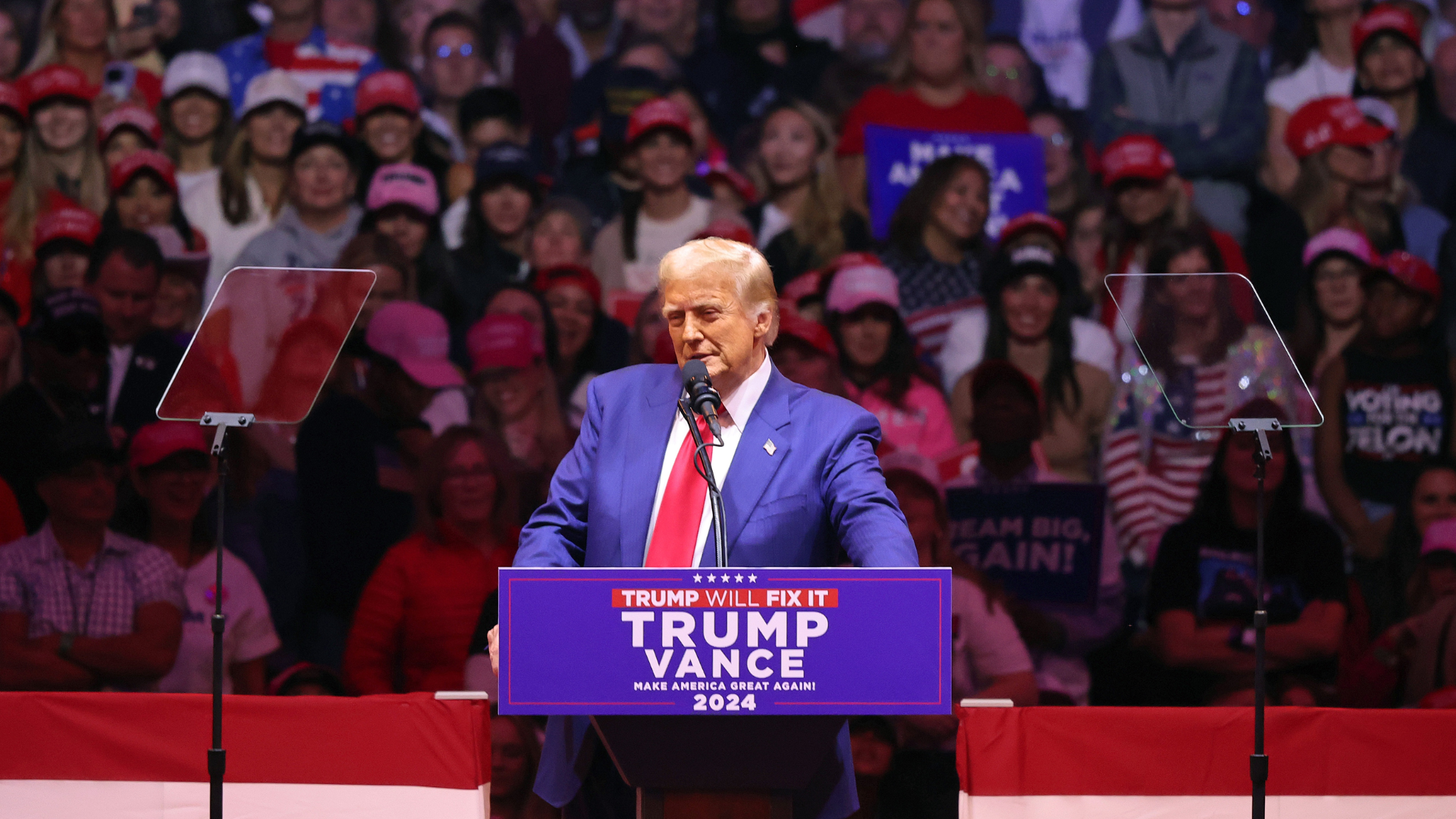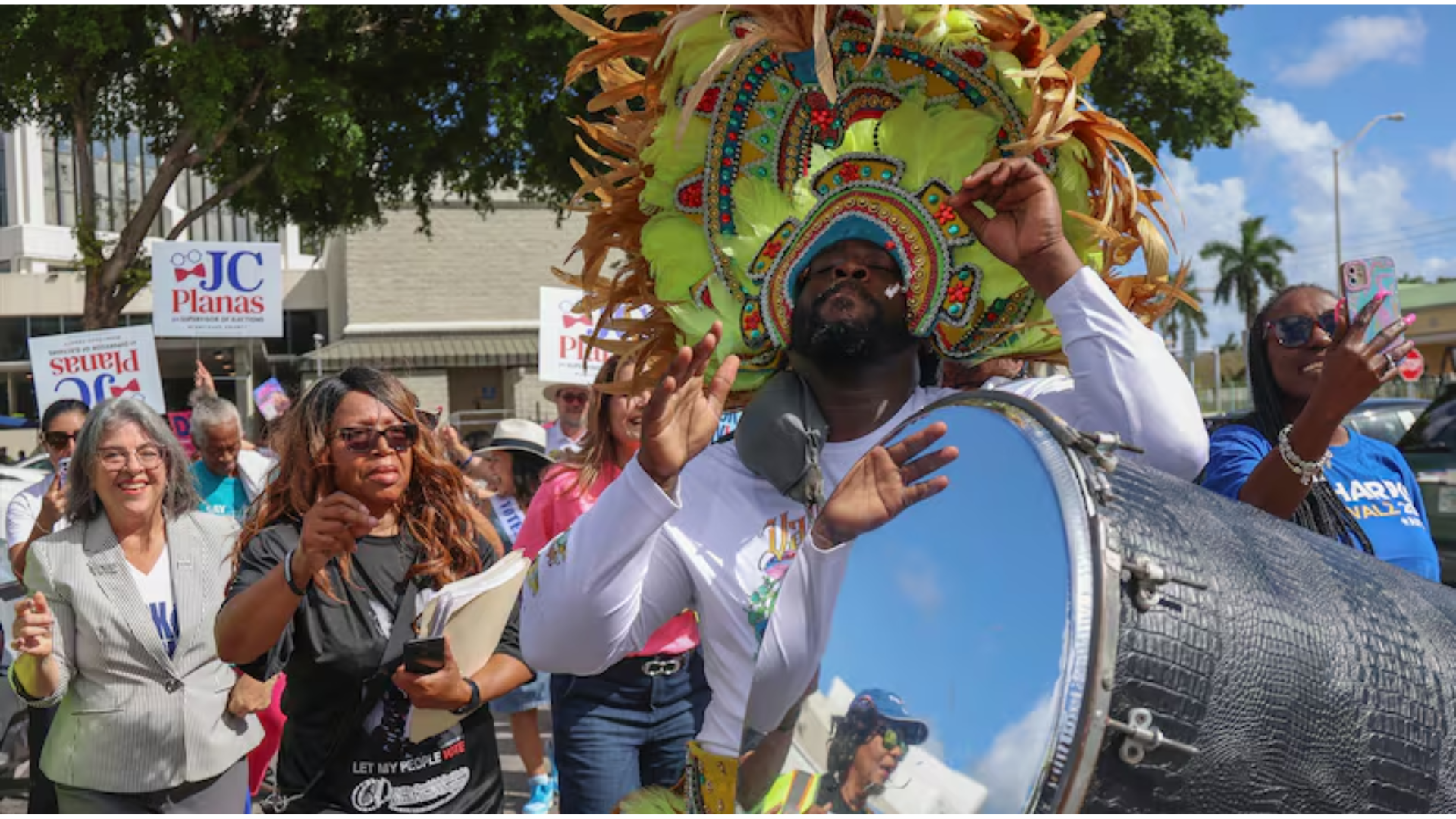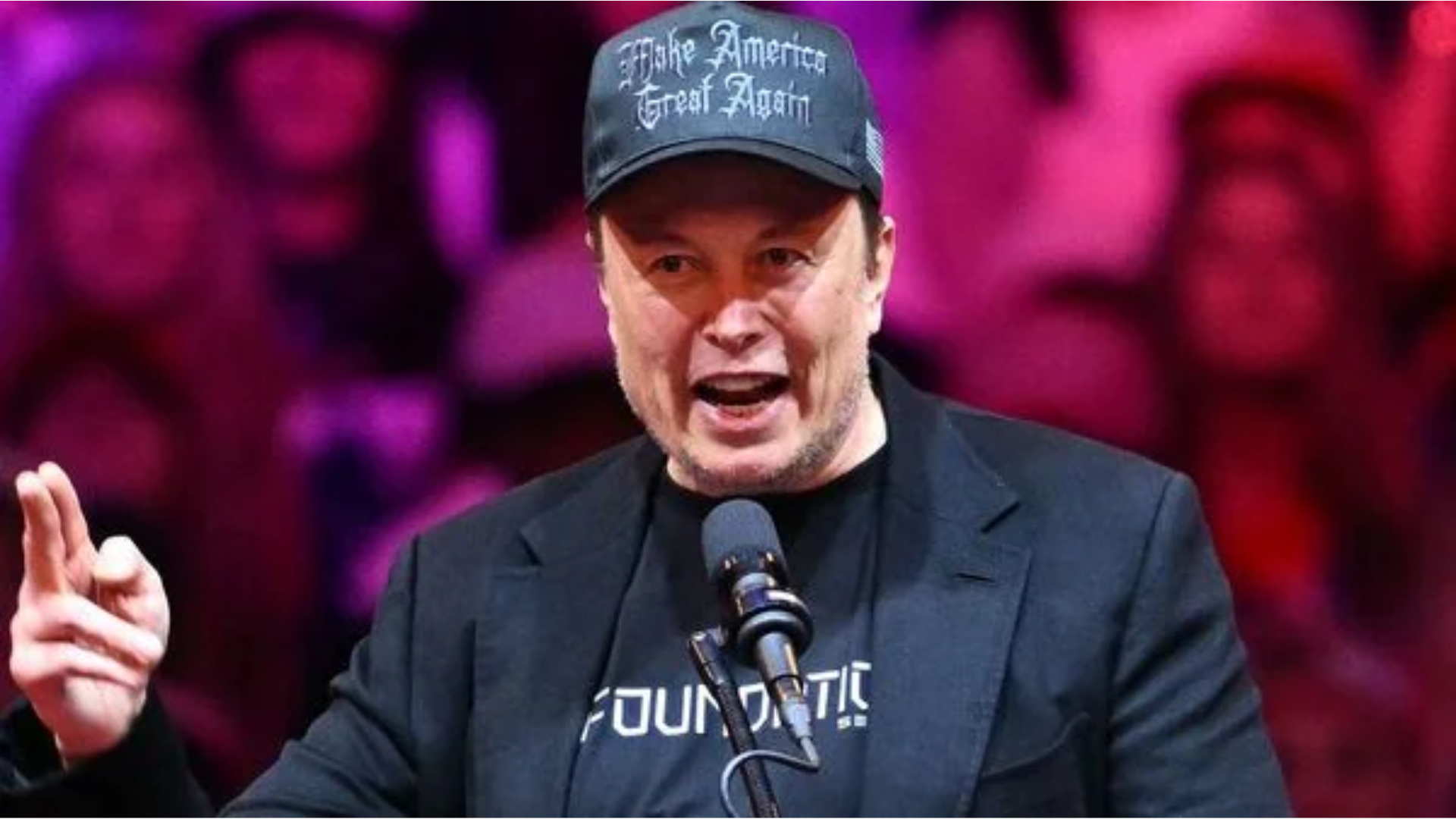
Ken Klippenstein, a prominent independent journalist, faced suspension from X (formerly Twitter) on Thursday after publishing a controversial dossier about Sen. JD Vance, who is Donald Trump’s running mate in the 2024 election. The suspension has sparked debates on free speech, journalistic responsibility, and the role of social media in controlling the dissemination of sensitive information.
The Dossier and Its Contents

Klippenstein shared the 271-page dossier on his newsletter, which was reportedly compiled by Trump’s own campaign to vet Vance thoroughly. The document included information about Vance’s “potential vulnerabilities,” such as past criticisms of Trump, and details from his criminal, police, voting, and lobbying records.
This document, initially intended for internal use by Trump’s team, was leaked, allegedly due to a hack by the Iranian government, according to Trump campaign officials.
While media outlets had received this dossier, none chose to publish it due to the sensitive nature of the information contained within. Klippenstein, however, decided to release it through his platform, promoting the link on X, which led to his temporary ban.
X’s Response and the Free Speech Debate

X’s official stance was that Klippenstein violated their policy on “posting unredacted private personal information,” specifically referencing that the journalist had shared Sen. Vance’s physical addresses and a significant portion of his Social Security number.
The platform, owned by Elon Musk, has strict rules regarding the publication of personal information, which they claimed Klippenstein had breached.
Klippenstein, however, pushed back on this reasoning, arguing that he did not directly post any private details on X but merely linked to the dossier. He emphasized that this information is publicly available for purchase and questioned why an elected official and vice-presidential candidate’s vetting document could not be shared in the public domain.
He described the suspension as having a “chilling effect on speech,” raising concerns about the broader implications of media censorship in the digital age.
He further commented, “During or prior to the heyday of Edward Snowden’s disclosures, this type of document would have been a no-brainer for publication. It shows the significant shift in what the news media believes the public should know and how mainstream outlets have ceded ground to the national security apparatus.”
This incident has reignited debates about the balance between privacy and the public’s right to know, especially when it comes to high-profile figures like Vance, who is running for one of the highest offices in the country.
Trump Campaign’s Response and Security Concerns

Klippenstein’s suspension, while temporary, has broader implications for journalism and the ability of reporters to hold public figures accountable. By suspending a journalist for sharing public records and critical information about a political candidate, X has opened up questions about the role social media platforms play in curating and controlling public discourse.
For Klippenstein, this incident is emblematic of a larger problem within the media landscape. “Media’s job, I believe, is to push back against various forms of censorship,” he said. He also warned that the reluctance of mainstream outlets to publish such documents shows how they are increasingly falling under the influence of national security concerns, often at the expense of transparency.
